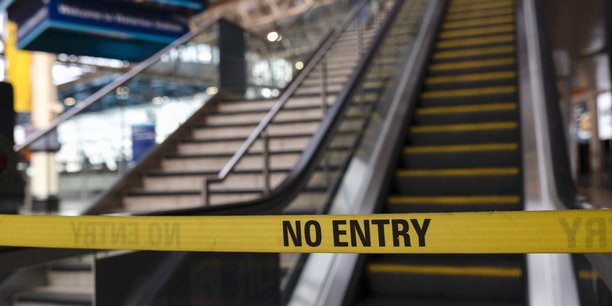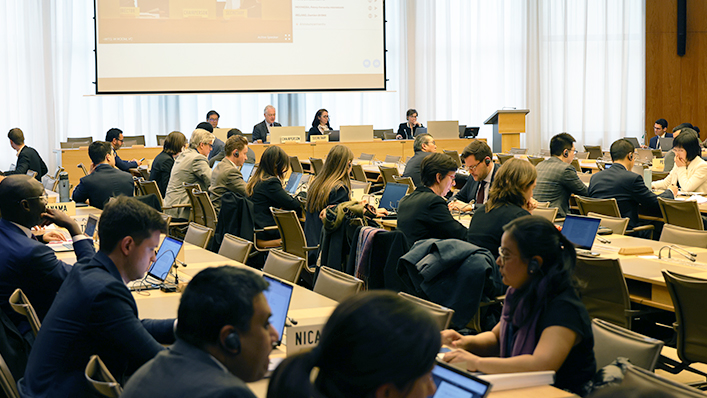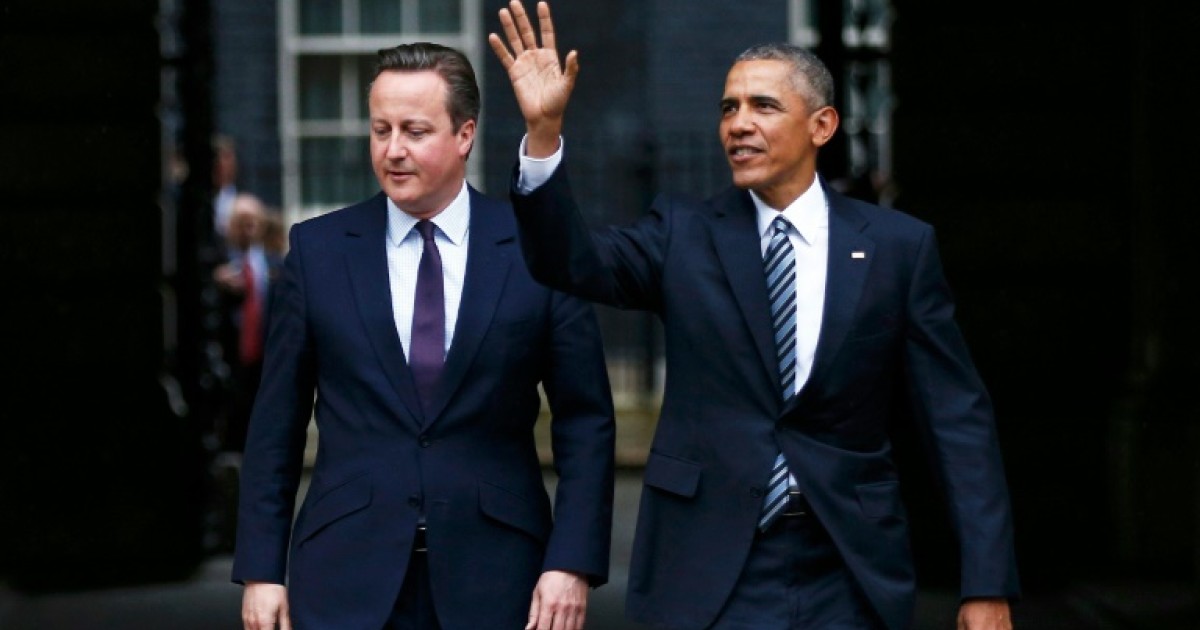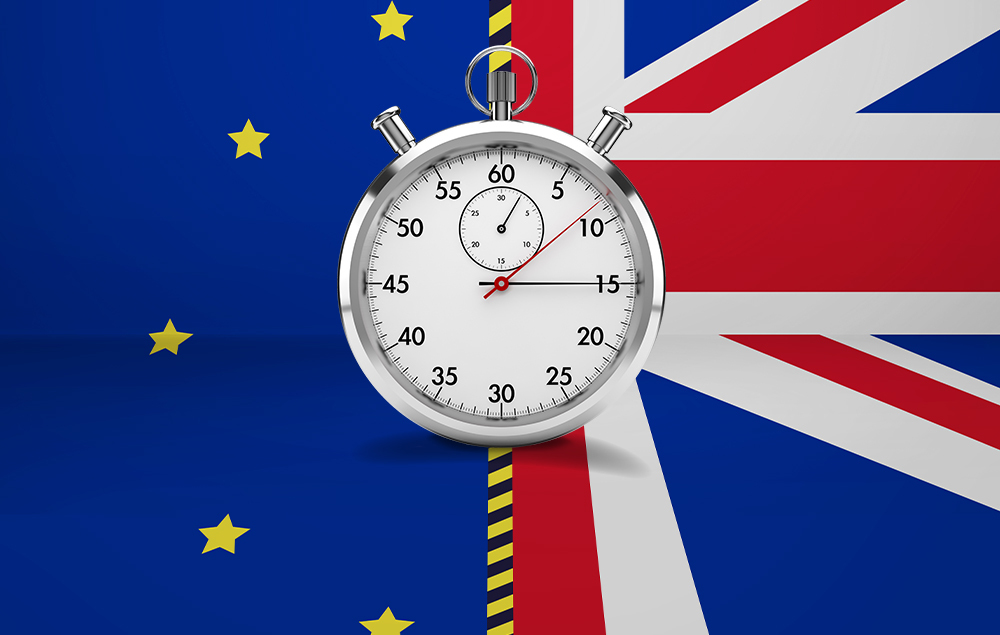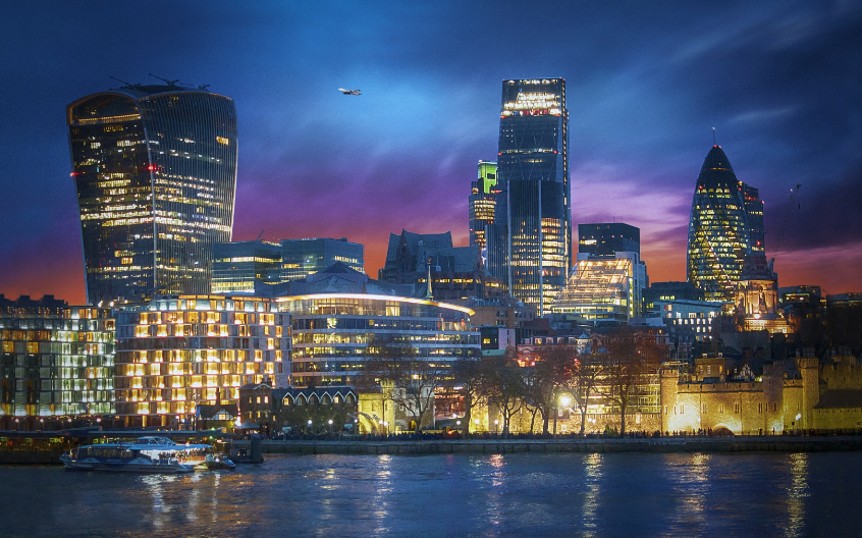The strikes never end in the United Kingdom with, as always, demands for wage increases, while inflation, despite a slight decline in November to 10.7% in a year after a 40-year high in October 11.1%, remains at a high level. .
Many sectors are affected, starting with healthcare, with nurses in December who will go on strike again for two days on January 18, as well as ambulance workers on January 11 and 23. Beyond a salary increase, professionals in the medical world warn about the state of the British health system, which has been underfunded for years and is under pressure more than ever. Several doctors’ organizations have highlighted the crisis affecting emergency services, where, according to them, many patients are dying due to lack of adequate and timely care, and have called on the government to respond to growing social unrest.
The strike extended to transportation
The strike movements also affect telecommunications operators and transportation. The latter were also disturbed during the holidays by strikes by railway workers, but also by traffic police on British motorways, by train cleaners and by some bus drivers in London. Most of these movements continue in January. On the 12th, the strike will extend to the London Underground when employees of the Elizabeth line, inaugurated in May, stop working.
In addition, an eight-day border police strike in late December led to the deployment of military personnel to several British airports to replace striking officers. One thousand members of the Public and Commercial Services (PCS) union, employed by the Home Office, went on strike at London’s Heathrow and Gatwick airports, as well as in Birmingham, Cardiff, Glasgow and Manchester, as well as at the port from Newhaven in the south of England.
A government with firm positions
Although the strikers maintain pressure, the government does not plan to give in. The Prime Minister, Rishi Sunak, estimated at the end of December that the fight against inflation involved “be responsible when setting salaries in the public sector” so as not to further fuel the increase in prices. Therefore, it rejects the increases demanded by public service employees, such as nurses, ambulance drivers and border police. “2022 was a difficult year”He justified December 31 in his New Year’s greeting broadcast by Downing Street, pointing out the effects of the pandemic and the invasion. “barbarian” from Ukraine. “Many of you have felt the effects firsthand. That is why my government has made difficult, but fair, decisions to control borrowing and debt.”He assured, estimating that this had made it possible to impose a shield on energy prices, which had already almost doubled.
A “deeply unnecessary” strike
Transport Minister Mark Harper was also firm towards the strikers. “The (railway) unions have decided that they want to go on strike this week, which is deeply unnecessary and harms the railway sector and the interests of the people who work there”, he reported this Tuesday on Sky News. The minister assured: work hard » to the resolution of the conflict between the railway companies and the unions, and indicated that an offer was on the table. In mid-December, members of the TSSA and Unite unions voted in favor of an improved Network Rail pay offer that provided for a minimum retroactive rise of 5% in 2022 and 4% in 2023. They said they had not received any private offers comparable. railway companies.
For the general secretary of the RMT, Mick Lynch, the executive “undermines efforts to reach an agreement”, by imposing too strict conditions on the railway company negotiators. RMT members rejected an offer from Network Rail in December. “ We cannot accept the current proposal. We need new elements in the equation to find solutions.“, declared Mick Lynch, ensuring that an agreement will be reached “It is possible in the next few days”but that the union is willing to continue the movement as long as necessary.
Especially since the strike enjoys a positive image among the British. According to a YouGov poll published at the end of December, two-thirds support the nurses’ strike, 63% of ambulance drivers. The railway strike is, however, less popular: 43% of those surveyed support it.
(With AFP)

“Professional food trailblazer. Devoted communicator. Friendly writer. Avid problem solver. Tv aficionado. Lifelong social media fanatic.”

